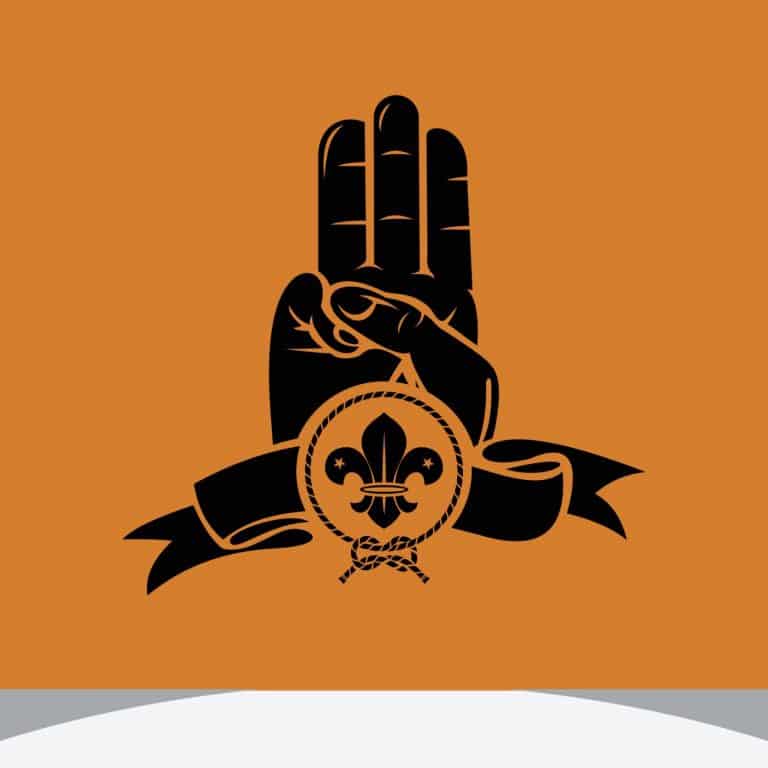
The changes needed after the Gisèle Pélicot trial: ‘Shame must change sides’
The trial of Dominique Pélicot, who was found guilty of sedating and allowing more than 50 men to rape his wife Gisèle has gripped the world. Aside from uncovering decades of horrific abuse, it has also exposed profound flaws in France’s legal system. As lawyers who represent survivors of sexual abuse, we at BBK have also noted lessons on how the system in England and Wales might better address sexual violence.
The Pélicot case exposed significant legal challenges in prosecuting sexual crimes in France, particularly French law’s emphasis on proving threat, force, or violence over prioritising the survivor’s experience and consent—an approach that often undermines justice for victims.
Although convictions were ultimately secured, the lengthy and traumatic process revealed critical shortcomings in victim support and highlighted gaps in legal clarity. France has pledged to learn from this case.
Lessons for English law
In England and Wales, the Sexual Offences Act 2003 offers a more consent-focused legal definition of rape. However, the system still faces significant challenges, including low conviction rates, high burdens of proof, invasive cross-examinations, and a gendered legal definition that limits the act of rape to male perpetrators.
France’s case highlights areas for improvement in English law
- Improved victim support: Strengthening the availability of Independent Sexual Violence Advisors (ISVAs) and ensuring all legal professionals are trained in trauma-informed practices to provide consistent and compassionate support for survivors.
- Public education on consent: Expanding public awareness campaigns to challenge societal myths and biases surrounding consent, coercion, and sexual violence, helping to reshape cultural attitudes and prevent misunderstandings.
- Legal reframing: To minimise trauma and ensure swifter justice, legal proceedings must be restructured. This includes minimising the time victims spend in court, rethinking the legal definition of rape, and placing greater emphasis on the actions of the perpetrator rather than the survivor’s behaviour.
- Cultural reframing: A shift in societal understanding of rape is essential. The notion that “shame must change side” encourages a move away from victim-blaming and calls for a broader cultural change that recognises all survivors’ experiences, ensuring justice is not hindered by outdated perceptions of rape and gender.
Moving forward
This case emphasises the need for legal reforms across jurisdictions.
I recently spoke to BBC News World to comment on the verdict and advocate for changes by prioritising survivor-centric approaches.
By learning from international developments, we can create a legal framework that better addresses sexual violence and ensures survivors’ voices are heard.










